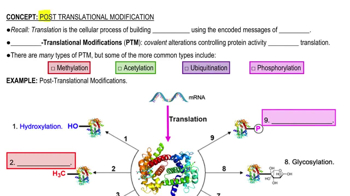Mark the following statements about the plasma membrane as true or false. If a statement is false, correct it to make a true statement.
Integral membrane proteins generally span the width of the plasma membrane, whereas peripheral proteins are found on only one side of the membrane.






